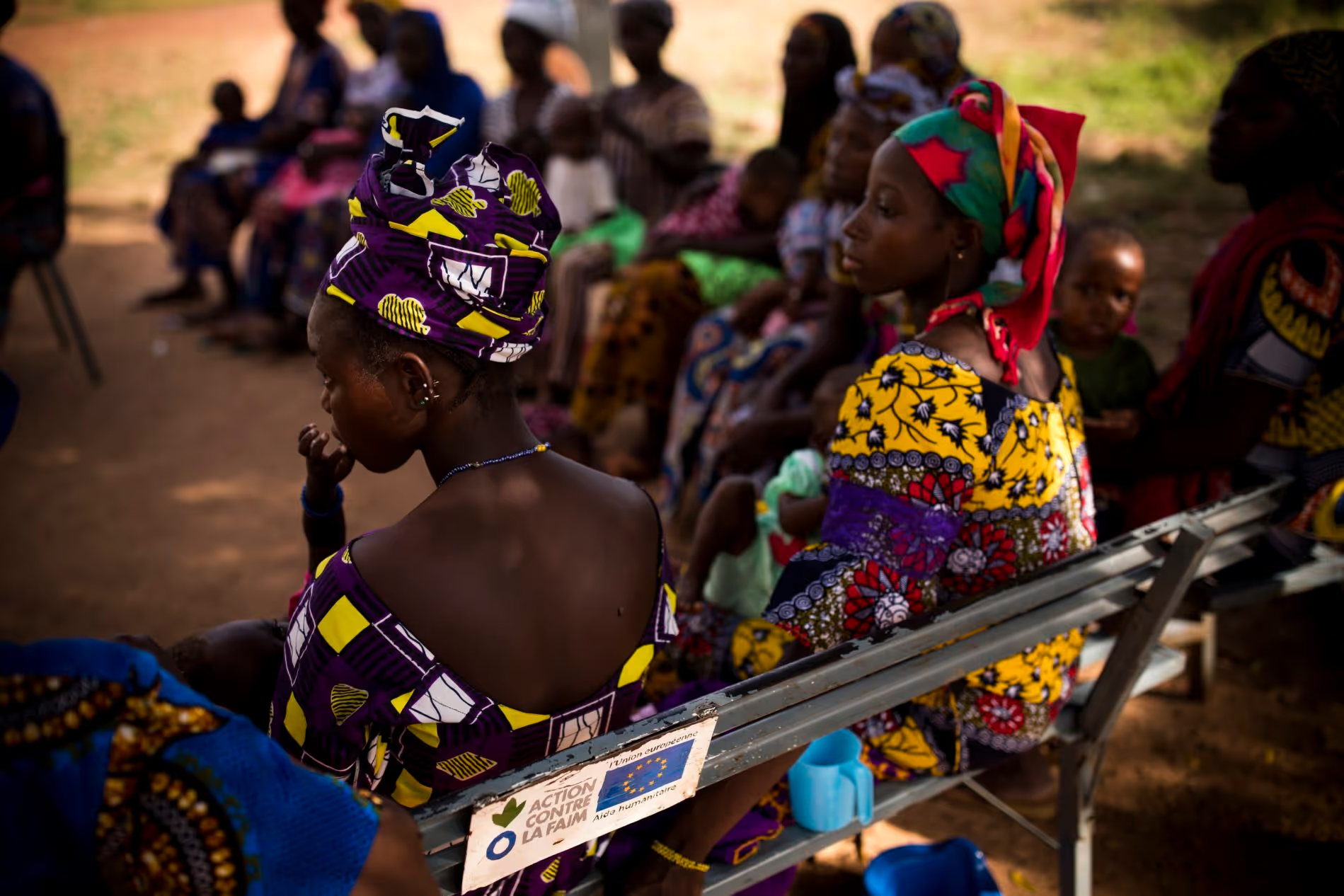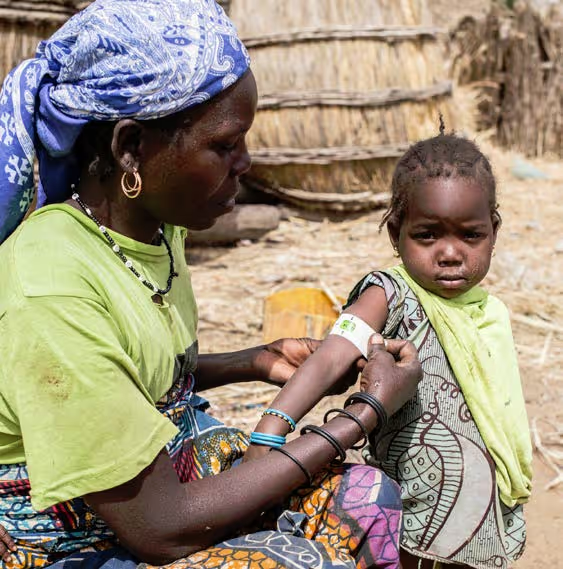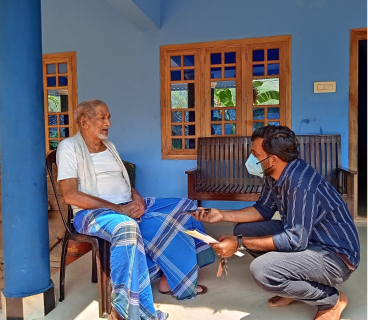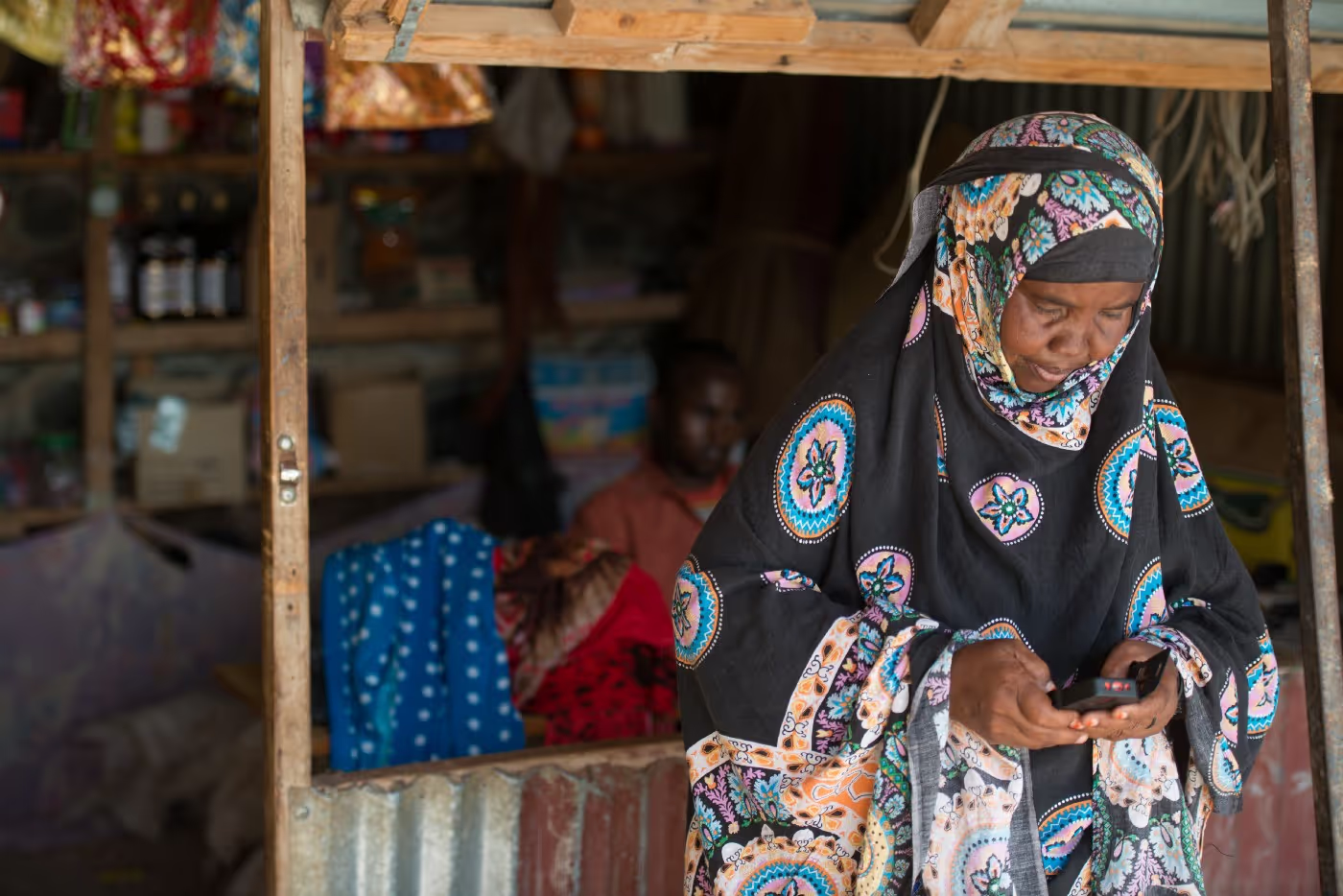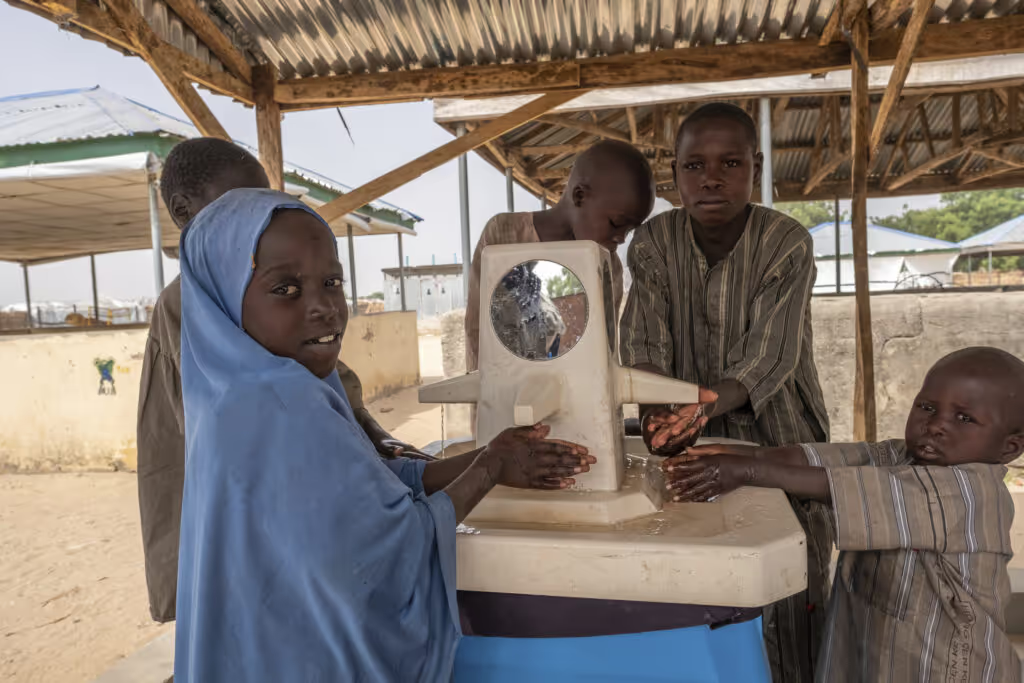Undernutrition and food insecurity
Driven by climate change, conflict, and economic crises, global food insecurity is growing. Our new programme of research aims to prevent undernutrition in pregnant and breastfeeding women and children under the age of five in food insecure contexts.
Why this focus area?
Recent years have seen record levels of rising acute food insecurity. This trend is likely to continue as the drivers of food insecurity persist – climate crisis, economic upheaval and acute and protracted conflicts around the world. Women, adolescent girls and children are particularly vulnerable to shocks that negatively impact livelihoods, incomes and food access, leading to worsened health and nutritional status. Children are particularly likely to suffer wasting in areas of acute food insecurity, with potentially long-term consequences for their physical and cognitive development. Preventing undernutrition is critical.
Our work
Through our open research and innovation calls we have funded individual studies addressing aspects of nutrition and food insecurity. R2HC has also funded this work in a specialised Horn of Africa responsive call in 2017.
However, the scale of the current global food insecurity crisis led us to undertake a consultation process with key humanitarian actors, to identify possible areas where we could add value to food insecurity crises. This consultation identified a clear gap in evidence-based practice: the lack of comprehensive, practical guidance and tools to prevent undernutrition for children and pregnant and breastfeeding women in food insecure contexts. Our new programme of research aims to address this gap. This blog shares the progress we've made so far: Tackling undernutrition: Pioneering prevention efforts towards zero hunger in humanitarian crisis.
Our approach: evidence-based prevention of undernutrition
To strengthen the prevention of undernutrition in humanitarian settings, we need timely, context-specific, evidence-based packages of interventions.
Advancing Holistic Efforts Against Undernutrition in Crises (AHEAd) is a collaborative research-to-action initiative. AHEAd aims to provide governments, funders and humanitarian actors with evidence-based, cross-sectoral, cost-effective models which can prevent undernutrition, particularly in pregnant and breastfeeding women and girls, and children under 5.
This programme of research will be implemented in three distinct phases:
Phase 1: 2023-2025
We commissioned a partner, NutritionWorks, to conduct a review of the evidence to identify the most effective interventions that contribute to preventing malnutrition in our target groups. They will group these interventions into “prevention packages” to be tested in phase 2.
Phase 2: 2025-2030
We'll launch a call for proposals for academic-humanitarian partnerships to test the “prevention packages” in 8-10 different humanitarian settings over a 2-year period.
Phase 3: 2031
A research team will be contracted to conduct a cross-country comparison of findings, with the aim of developing an undernutrition prevention model that can be integrated into global policy and guidelines, and adopted by those supporting women and children at risk of under-nutrition in food insecure settings.
Food insecurity and health
In direct response to an identified evidence-gap on the ground in the Horn of Africa we commissioned a scoping review. The review explored how malnutrition and food insecurity increases risks of disease, maternal and child morbidity and mortality, and violence.
Published in March 2023 the review highlights the need for a more collaborative approach between nutrition and health, and how each one supports the other in reducing vulnerability to disease and death among populations affected by crisis. The findings provide the evidence health actors need to advocate to donors for more funding, and to push for greater integration of health programming in the strategic response to food insecurity and malnutrition.
Undernutrition and food insecurity resources
Explore some of our most impactful publications and tools.
Undernutrition and food insecurity projects
Explore the groundbreaking projects that Elrha supports across the globe. From health innovations to disaster risk reduction, our funding drives impactful solutions in humanitarian contexts.
Undernutrition and food insecurity news
Image credits
- Image courtesy of [Photographer/Artist Name]

